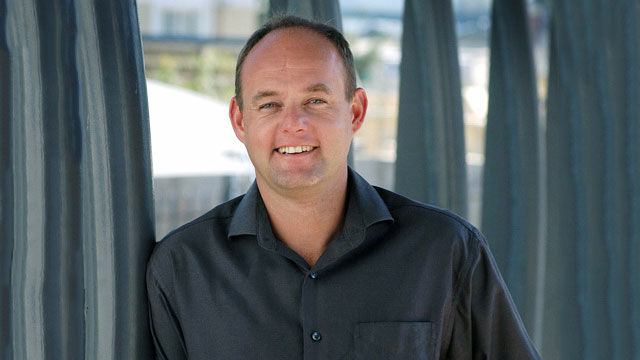
Copper-based digital subscriber line (DSL) technology will be dead and buried within the next five years as South Africa’s telecommunications industry ramps up the roll-out of fibre-to-the-home and fibre-to-the-business broadband infrastructure, the CEO of Vox, Jacques du Toit, has said.
In a podcast interview on Tuesday with TechCentral, Du Toit said South Africa will “definitely not” have DSL in the longer term.
“We all know Telkom is doing nothing to continue with their maintenance programmes on ADSL. They are replacing it with metro services, with fibre services. Where it’s being stolen, there’s no replacement. Exchanges aren’t being [brought] up to speed. I think five years is a push [for DSL’s future lifespan].”
In outlying areas, where fibre won’t be deployed, 4G/LTE technology will play a significant role in providing access, Du Toit said. “But copper’s days, in my mind, are gone.”
Vox — formerly known as Vox Telecom — recently announced it plans to invest R550m in new business initiatives, with most of this money to be in invested in fibre broadband infrastructure to be deployed by subsidiary Frogfoot Networks.
The money — a combination of new debt and cash resources — will be released into specific projects approved by the board and the executive committee on a case-by-case basis, Du Toit said in the podcast.
“We will identify a business or consumer precinct, do a business case on it, look at the potential precinct penetration, put the case forward and, if approved by all parties, the cash will be released,” he said.
He emphasised that although Frogfoot is a subsidiary of Vox, the company is being treated as an independent company that provides access to all market players on equal terms using an open-access model.
“Unless you are an open-access provider, your money will burn,” Du Toit said. “[Open access] is what Frogfoot and Vumatel and Dark Fibre Africa subscribe to: let’s get as many service providers to buy layer-2 services on the network on an equal basis. Vox will procure services from Frogfoot at exactly the same price point as Telkom might, or Internet Solutions might, or anybody else for that matter.”
He said Frogfoot has more opportunities than it has capacity to meet. “We have over 10 000 business buildings that have been identified [for fibre] and over 86 000 [homes] for FTTH where there is a commitment from the residents to build. It’s now up to Frogfoot to decide which gives us the best yield and where we can get the fastest wayleave approvals.” — (c) 2017 NewsCentral Media
- For much more on this subject, listen to the podcast interview

